In Greek mythology, Kithera is home of Aphrodite, the goddess of love,
beauty and sexuality who was born after Cronus cut off Uranus’ genitals and
threw them into the sea. Kithera’s Paleopolis beach, where to this day there are
remnants of the temples that were built in Aphrodite’s honor, is where she is said
to have emerged from the foams of the Aegean.
I arrived in a less dramatic fashion, on the one daily flight from Athens to
the island. The small propeller plane seated all but 37 passengers.
“Don’t worry about finding me at the airport,” my friend Dimitra had said.
“It’s only about as big as your house.”
As it turned out, she wasn’t exaggerating all that much.
Perched in my window seat, my eyes were glued to the vast deep blue
Mediterranean beneath me. It was dotted with what seemed like hundreds of
islands, big and small, and I wondered which one was Kithera. I knew absolutely
nothing about my destination. Traveling via Germany, all of my well-traveled
German friends had shrugged when I told them I was going to Kithera.
“Never heard of it,” was the standard reply.
Even the Google search proved tricky because I found at least five
different spellings. Kithera. Kythera. Kythira. Cythera. Kithyra. Were they all the
same island? Or maybe related? I eventually gave up and decided that I would
simply submit to the unknown and the element of surprise.
The first surprise was the topography as we descended on the island,
which is about 35 miles long and 20 miles wide. Patches of green and vast olive
groves were nestled into rugged, mountainous volcanic rock terrain. Narrow
roads snaked up and down steep hillsides.
Most prominent, though, were the rock walls that from birds-eye view
covered the island like a spider web. Because they appeared only about a foot or
so tall, their purpose was not immediately apparent. They certainly weren’t high
enough to keep out intruders. And they enclosed completely empty lots, without
any houses or structures.
“They’re demarcation lines to separate the properties,” Dimitra explained,
as we loaded my suitcase into her SUV. “Greece does not have a land records
office. Ownership can be established only by consulting church records, or
through family lore and the ancient boundaries.”
As we headed for the two-lane country road that led away from the airport,
she gave me a few stats.
“Most of this island is undeveloped. There are very few tourists, no chain
hotels, no fast food places, no shopping centers, and no highways.”
“No tourists?” I asked skeptically.
“Nope,” she said. “There are about 3,500 year-round residents on the
island. In the summer, that number swells to about 30,000 people … “
“ … but you said no tourists!” I interjected, a bit too hastily.
“That’s because they are not tourists,” Dimitra continued patiently. “There
were about 30,000 people on the island before the Second World War. After the
war, amid high unemployment and austerity, most of them immigrated to
Australia. And now their children and grandchildren come back every year to
spend the summer and their Australian dollars here. But they all leave in early
September and then life on the island gets back to normal again.”
This explained the relative absence of traffic, since we were already well
into September.
I was impressed by how expertly Dimitra negotiated the hairpin curves and
steep narrow roads with the skill of a Paris-Dakar rally driver.
“I’m glad you’re driving and not me,” I joked.
“This is nothing. Most roads are much narrower than this,” she said, as we
entered the village of Avlemonas. And as if to prove a point, she folded in the
side mirrors of her car to allow another car to pass us without collision.
“When I first came to the island and was invited to a friend’s house,” she
reminisced, “he told me that he hoped that my car would not break down
because if it did, I’d be stuck.”
It turned out that the road to his house led through a village with streets so
narrow that it would have been impossible to open the car door because the car
was literally wedged in between houses on either side.
“I’m going to pick up some Greek pizza for lunch,” Dimitra said, as she
was parking the car haphazardly pretty much in the middle of a small square,
among a bunch of other cars parked equally haphazardly in no particular order.
Considering that the square, a confluence of five small roads, was only
about as big as a 7-Eleven parking lot, it was certainly a busy place. In front of
every building and shop, tables and chairs were set up.
That, as I soon would learn, is because most social activity on Kithera
happens al fresco. The people sitting at those tables drink coffee, play
backgammon, or simply talk to one another in the most unhurried fashion.
Greek pizza is made with phyllo dough and feta cheese and it gave my
taste buds a first flavorful inkling of things to come. Pretty much everything I ate
during my week on Kithera tasted delicious and fresh and Greek, infused by
mouth-watering herbs and spices.
Kithera soon became a kaleidoscope of colors, tastes and fragrances to
me: Sweet smelling fennel, hardy rosemary and thyme, and soothing camomile,
all growing wild and giving off their alluring scents.
The fig and olive trees were laden with fruit, and Dimitra simply reached
across someone’s fence, pulled a few off a tree, and presented me with the first
fresh fig of my life. And a huge tin canister in her kitchen held the oil from the
olives harvested on her land.
The apartment was only a two-minute walk from the scenic beach in
Capsali. We quickly settled into a routine for the week. Every day started on the
sun-kissed patio under a large palm and some fig- and pomegranate trees. After
a breakfast of strong Greek coffee, delicious yoghurt that came in earthenware
pots, and fresh fruit and sweet rolls, we would head out to explore a different
beach, usually with some stops along the way to do some sightseeing and
shopping.
Shopping on Kithera is an experience reminiscent of a different era. There
are no shopping centers. The shops are in the middle of the town and invite the
casual browser to come in and take a look. A hardware store, where went looking
for baskets, seemed more like a dry goods store in an old Western movie, with
merchandise stacked to the ceiling, an earthy smell, and two sales clerks behind
sturdy wooden counters, ready to wait on us and take orders.
Back on the street, a sweet scent lured us in the direction of a small
bakery where the owner was pulling almond cookies and lemon squares from the
oven. She quickly brought out a tray of samples and urged us to dig in. And the
owner of the souvenir shop insisted on giving me a small gift, some fennel seeds
wrapped in gauze and tied with a pretty ribbon, which took some explaining to
the customs agents at Dulles (“they’re just fennel seeds!”)
With summer all but over and fall not quite there yet, time passed
languidly. Some of the beautiful beaches were already pretty much deserted and
we had them to ourselves. Equipped with iPhone, iPads and an Internet
connection stick, Dimitra would set up her mobile office next to her beach chair
and we’d spent the afternoons reading, writing, and relaxing.
And talking about life on the island, which is something Dimitra never gets
tired of doing. She’s spent the last five summers here, knows the island like the
back of her hand, and she also knows the people.
“You have to be careful about Greek men,” she said.
I didn’t think I’d have to worry about that, but I nevertheless listened with
amusement when she told me one of her experiences.
On morning, when she was alone at the beach, a young man she had met
casually through a friend plopped down next to her, took off his clothes, and
propositioned her. Although she loves to flirt, she told him that she wasn’t
interested, and that, by the way, he was married, and she was old enough to be
his mother. And so he just shrugged, put his clothes back on, and left. When she
later told the friend who’d introduced them about the incident, he shrugged it off
as an “Oedipus complex.”
My afternoons at the beach were boring by comparison. I would read,
take movies with my iPad, or collect rocks. The rocks on the Greek beaches are
absolutely beautiful. They come in a myriad of shapes, sizes, colors and textures
and forced me to make the biggest decision of the week: Which ones to keep
and take back to the US, and which ones to reluctantly toss back into the water.
Occasionally, Dimitra would announce, “I have to pee”, which was the
signal to head for the water. Europeans are pretty informal about that kind of
thing. The sea was as crystal clear as if it were coming from a faucet, magnifying
every pebble on the ocean floor through the prism of water. Then we’d head
back to our beach chairs and soak it all in: the endlessly cloudless blue sky, the
vast still blue sea, the rugged mountain ranges, dotted with dozens of
picturesque white byzantine chapels, all baked in bright sunshine.
At sundown, we’d pack up and get dressed ‒ which, on the island, meant
tying a pareo over our bathing suits — and head home to shower and change
before going out to dinner.
Usually, Dimitra would ask,
“What do you want to have for dinner tonight,” and I’d say
“Moussaka” or “I’m game for anything”, to which she would reply,
“I know just the place to go.”
And she always did. She usually knew the owner of the taverna, his
specialty, and the perfect place to sit, making every dining experience a
memorable one.
Most of the restaurants we visited didn’t even have a menu. I quickly
became accustomed to our nightly dining routine: Once we had settled on a
place, almost always outdoors, a waiter would rush over to cover our table with a
white tablecloth and bring a bottle of water, a jug of wine, a loaf of crusty warm
bread, and a plate of olive oil for dipping. Then the owner would come over and
rattle off the menu, and Dimitra, who speaks Greek fluently, would order for us.
Occasionally, the owner would invite us into the kitchen, let us inspect the
pots, and pick our own meal. Tzaziki (a wonderful dip made of farmer’s cheese,
olive oil, cucumber and garlic), dolmadokia (stuffed grape leaves), and tapenade
(a paste of ground olives) soon became my favorite appetizers. For main
courses, we regularly enjoyed keftidis (meatballs made of ground lamb), souflaki
(succulent chicken kebobs), and moussaka, the Greek national dish, a flavorful
casserole of ground lamb, potatoes and eggplant.
It also didn’t take long to get used to our nightly carafe of Greek table
wine, a wonderful dry white wine that resembled Chablis.
Our most special dining experience was on a Saturday night, when
Dimitra invited her friend Ionopoulos, a young entrepreneur in his mid-thirties, to
dine with us at her favorite seafood restaurant on the other side of the island.
It was untypically windy on the island that day, and wherever we went, the
sentiment was the same. “It’s going to rain.”
That’s because it had not rained all summer. And indeed, the air felt and
smelled like rain.
That didn’t faze the patrons at the taverna. The vast courtyard in front of
the barn-like structure was lined with long tables and benches. Gigantic maple
trees bowed over the square, with lights strung across their branches. The wind
whipped their crowns, softly swaying the lights.
“This is our favorite place to eat fresh fish,” Dimitra said, and then she
started to order: A Whitefish, prepared on the grill, with sides of eggplant, green
beans, tender squash, white beans, and orzo.
The cats arrived even before the appetizers. Cats are everywhere in
Greece. Mangy, skinny, small cats that run wild, travel in packs and beg for food.
“Don’t feed them or we won’t get rid of them,” Dimitra said.
That was easier said than done because there were dozens of them, and
they weren’t shy. We finally threw them some fish bones to get them away from
the table.
Against all odds, the weather held that night and it did not rain. The wind
was still whipping the trees when we left around midnight, fortified with some
strong Greek coffee and ouzo.
“Let’s check out the beach,” Dimitra suggested. “There’s supposed to be a
big wedding tonight.”
We’d seen them setting up tables on the boardwalk earlier in the afternoon
and now, after midnight, as we headed down the mountain toward Capsali, the
wind carried the mandolin and tambourine sounds across the night air.
We picked a table in one of the boardwalk cafes and observed the
spectacle: Several hundred wedding guests, seated at lavishly decorated round
tables by the water, and an ample buffet laden with Greek delicacies. The dance
floor was full of people clapping and encircling the groom and the bride, who
coyly gathered the many layers of her billowing wedding dress to fall in step with
her new husband.
“They’ll be dancing until morning,” Dimitra predicted. “Greek weddings last
several days.”
We only lasted until about 2 am. The music could be heard even from the
apartment, but as soon as we closed the patio doors, it happened: The thunder
and lightning released into a torrential downpour and put an end to the music. I
felt sorry for the wedding party broken up by the untimely rain.
The next morning we went to one of the café’s on the beach for breakfast.
So did most of the wedding guests, who stayed in the village and were now also
in search of strong coffee. Our waitress, who’s also Dimitra’s manicurist, told us
that the rain had not stopped the wedding celebration.
“They just moved inside,” she said. “The last people left at 8 am.”
I left Kithera a day later for Athens on the commuter plane, gazing
melancholically at the blue paradise below me. Adio. Efharistó. I’ll be back.
Kithera, Kythera, Kythira, Cythera or Kithyra
LEAVE A REPLY
standardPostTransition
Powered by Kappagram


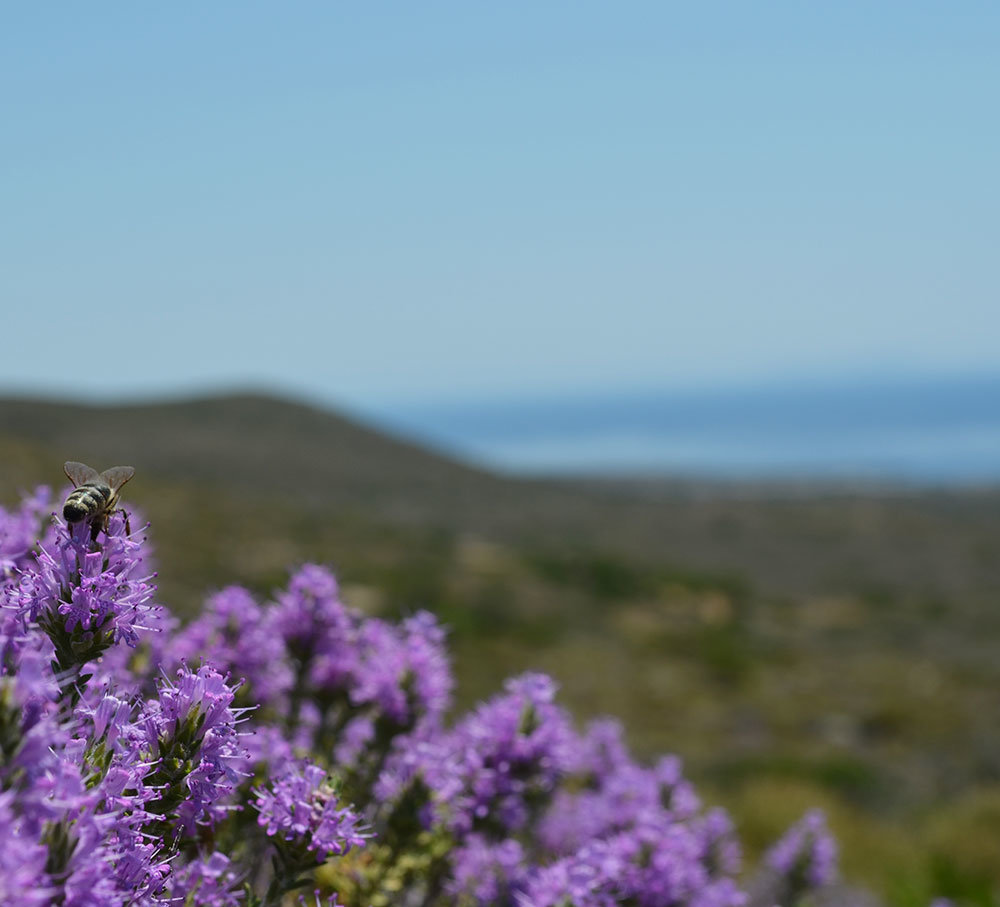
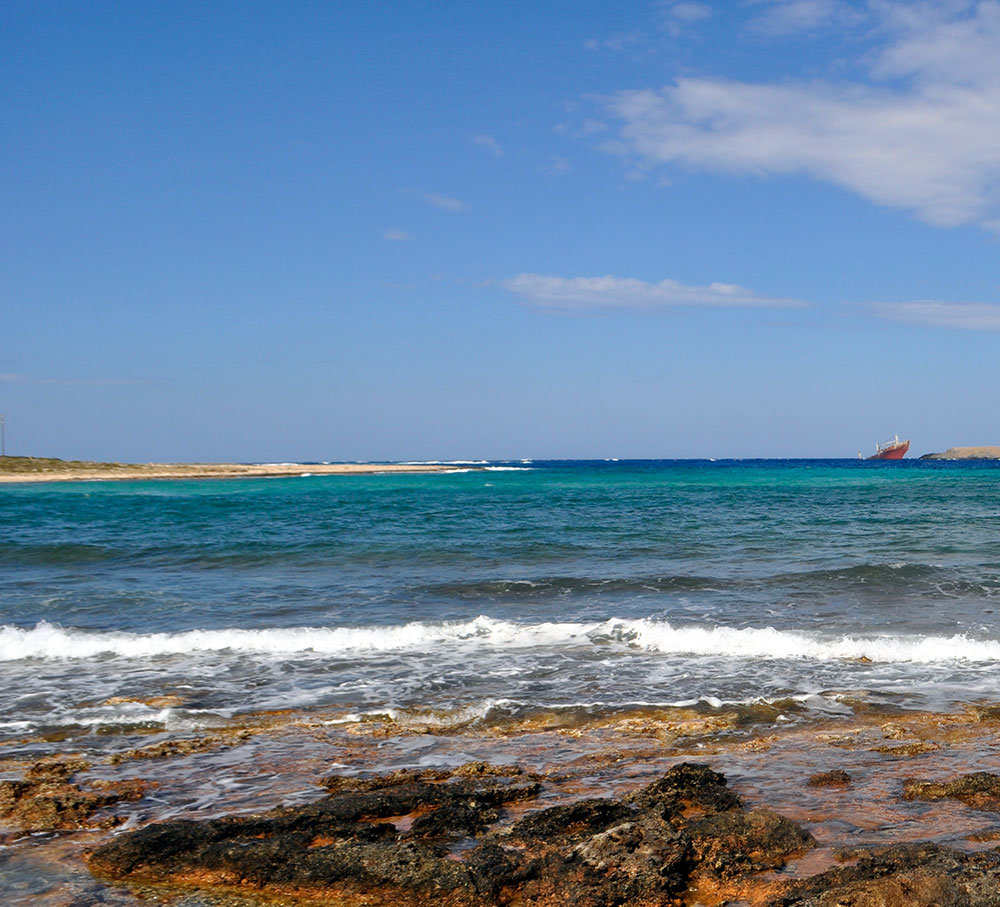
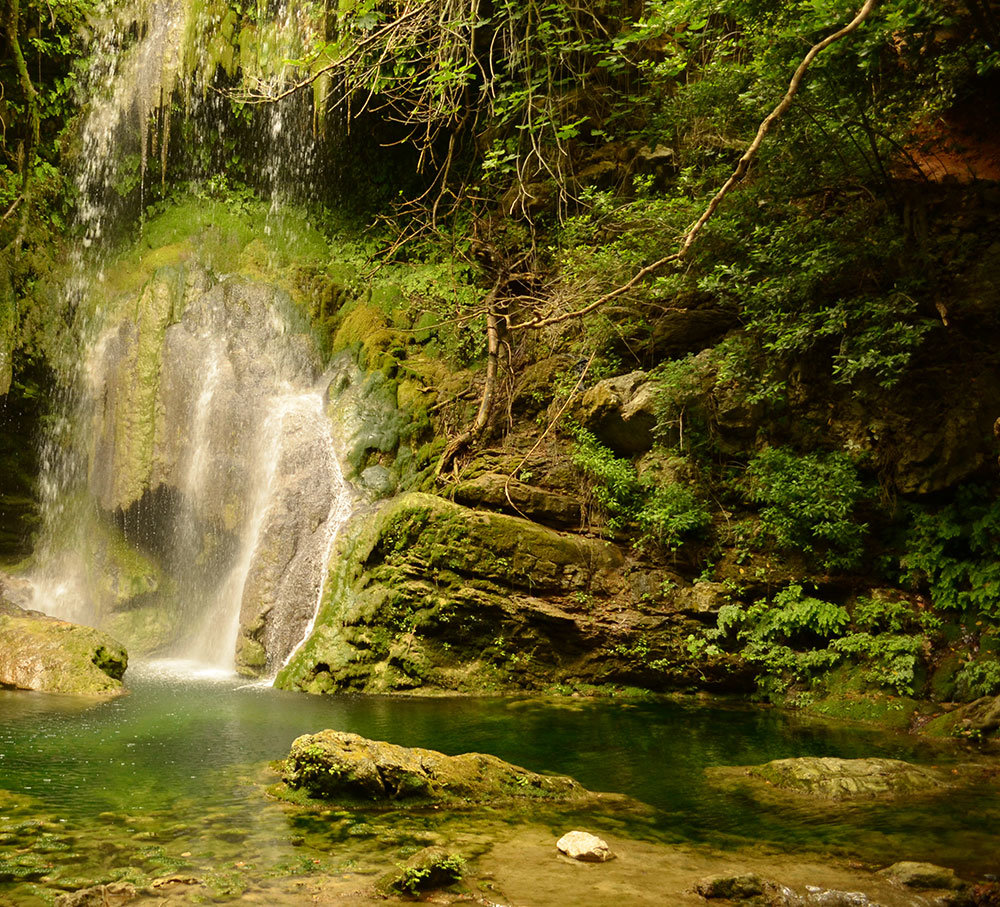
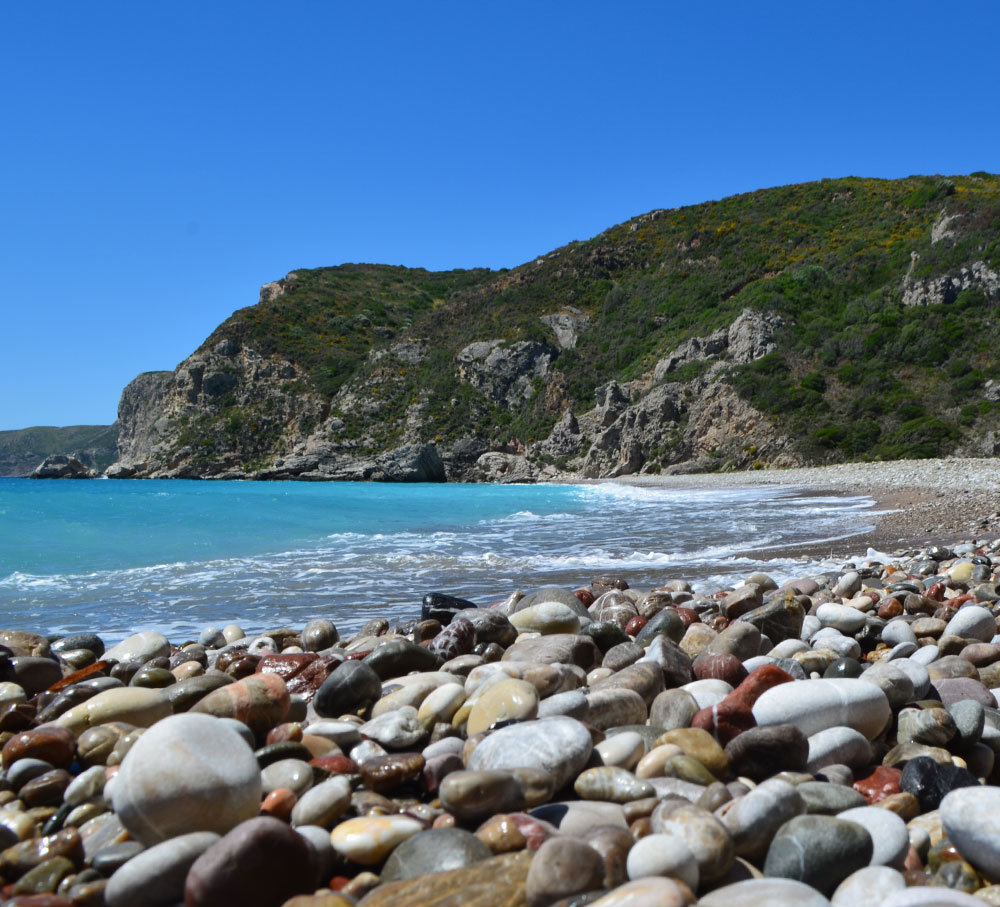
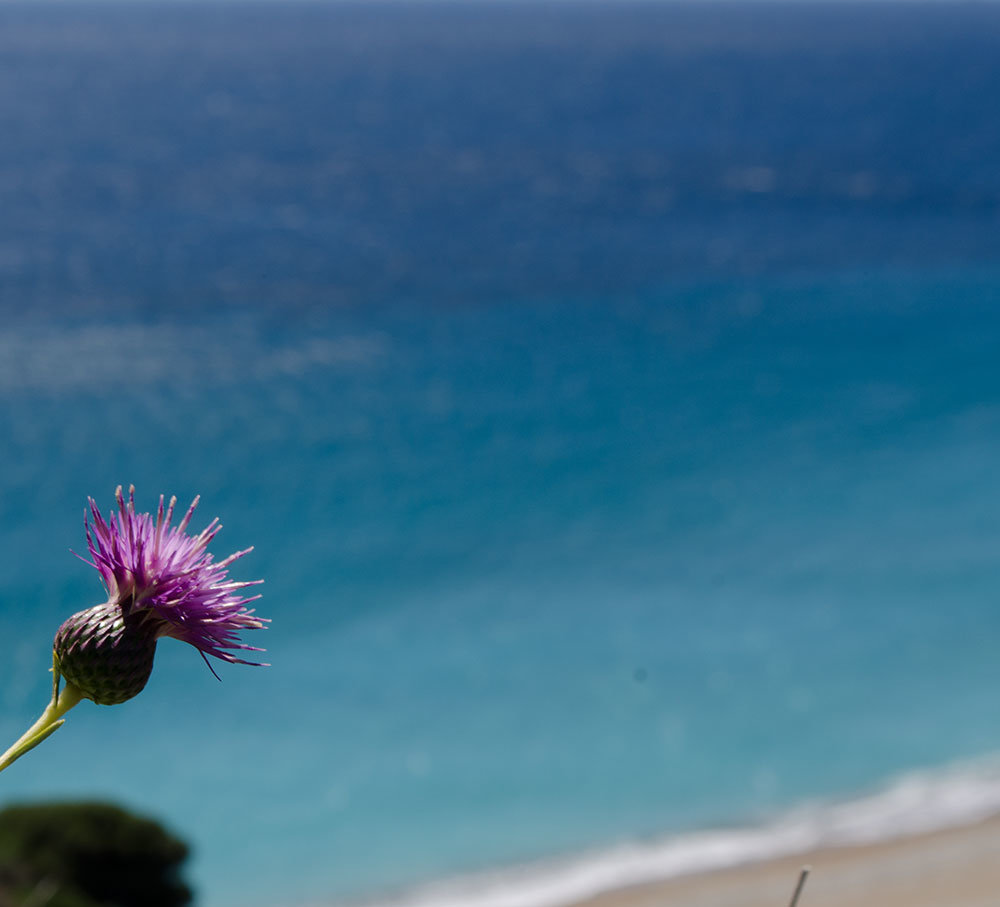
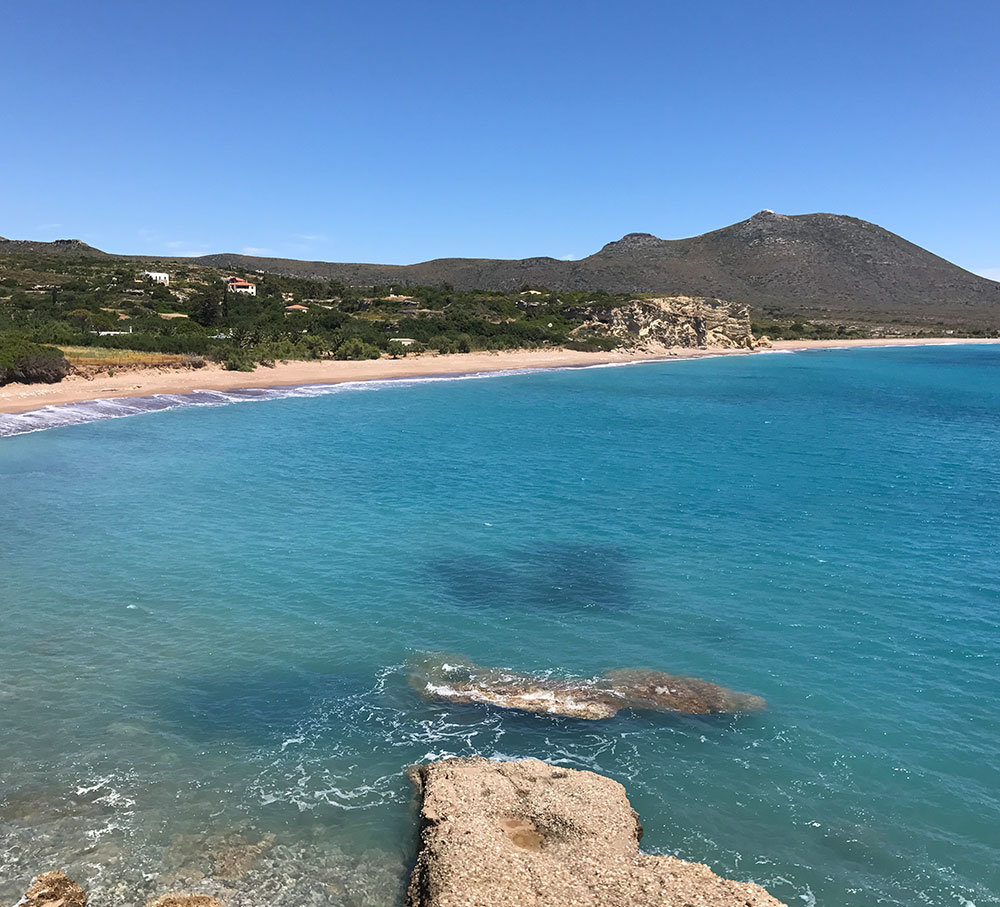
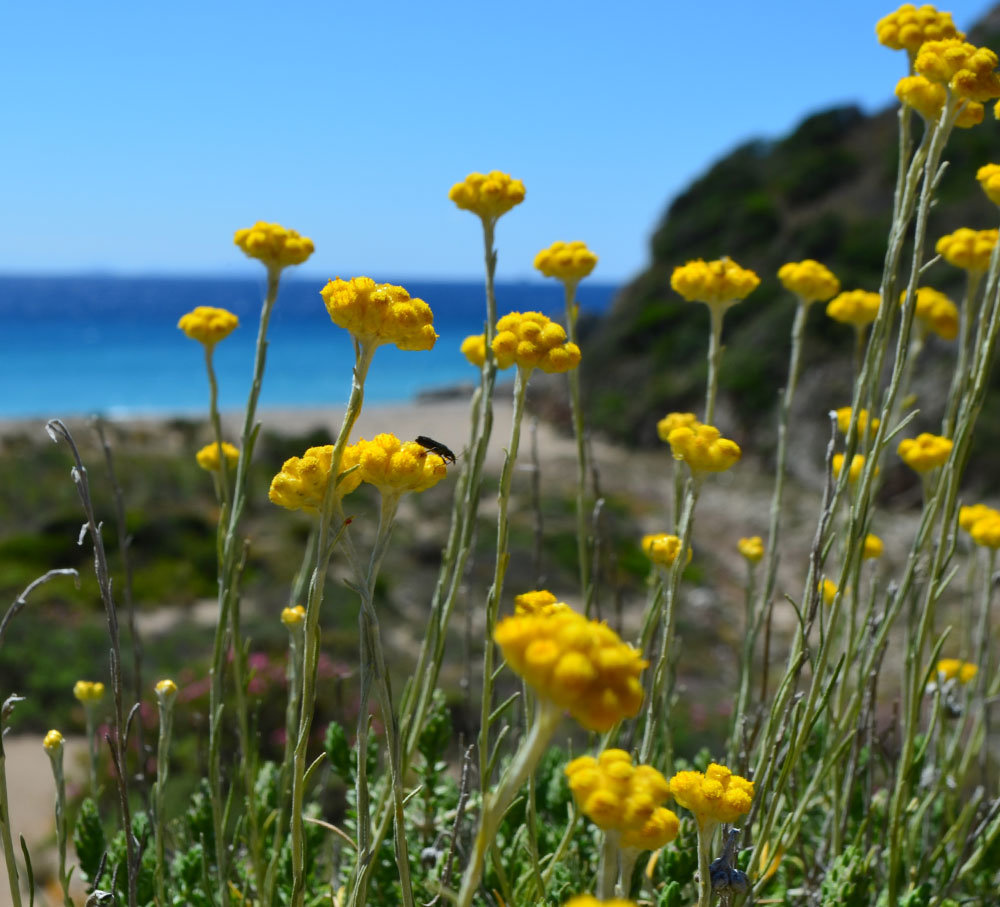
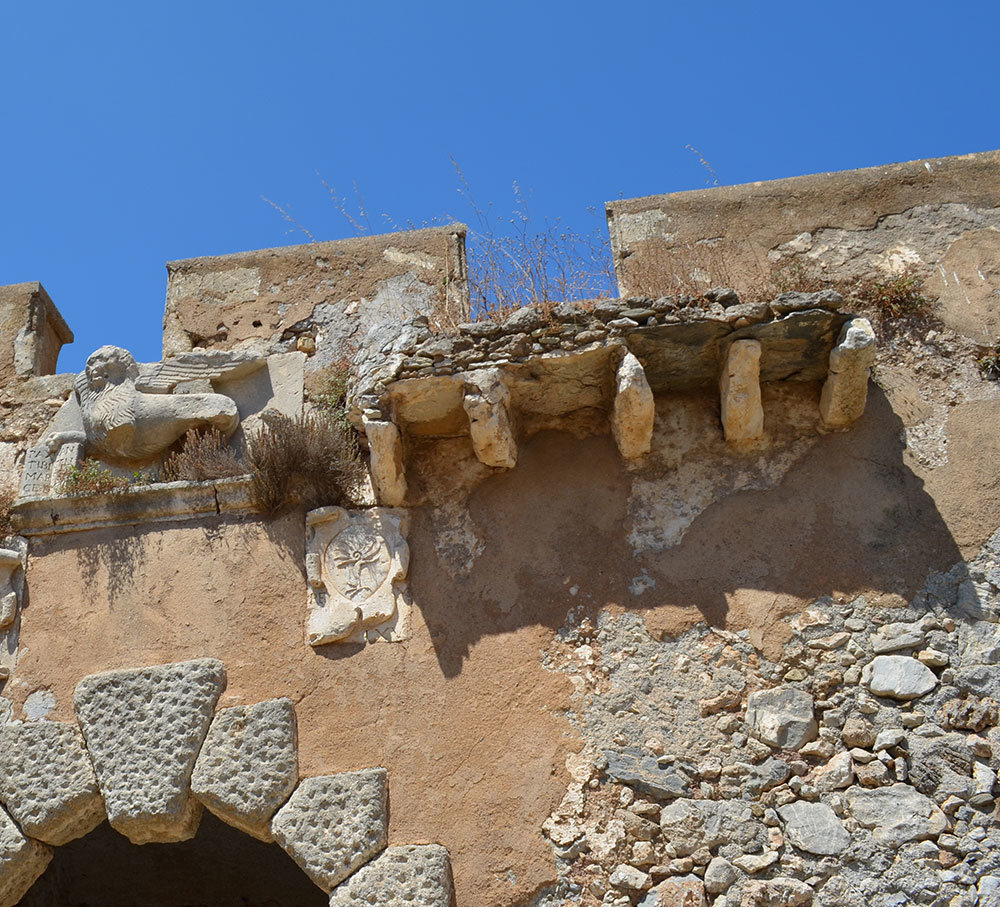
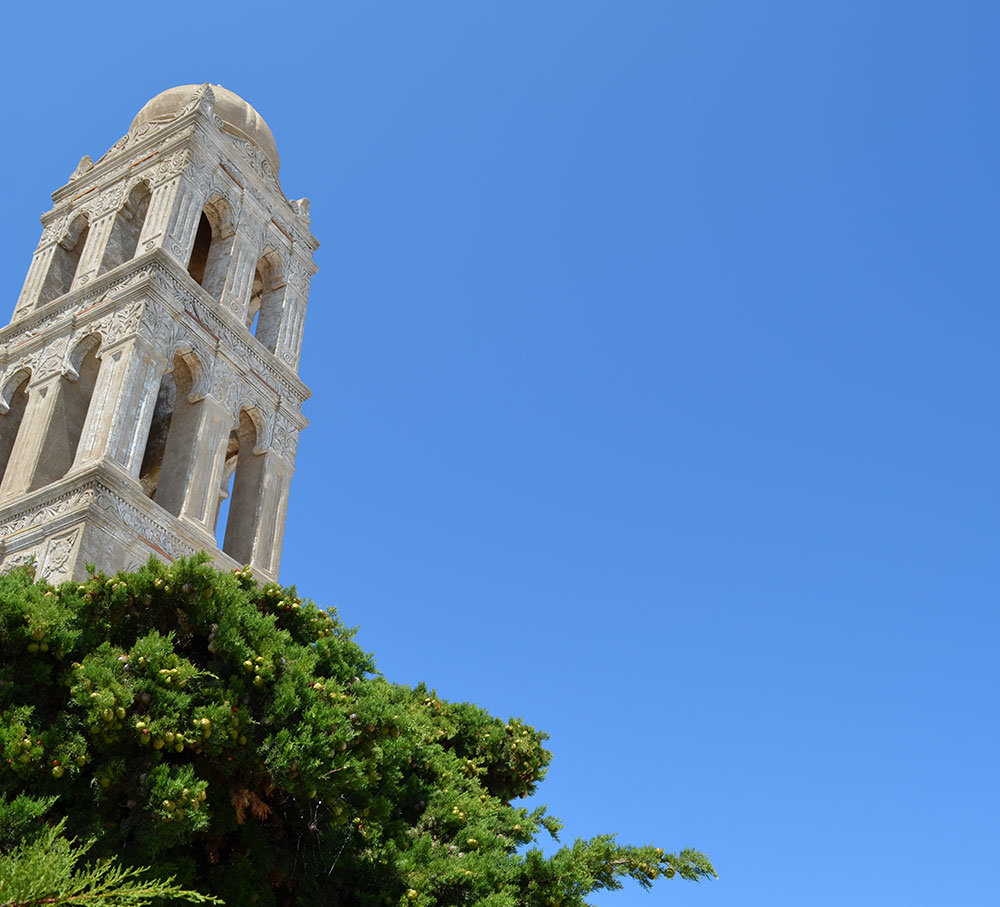

 Ελληνικά
Ελληνικά